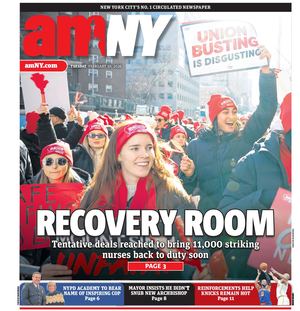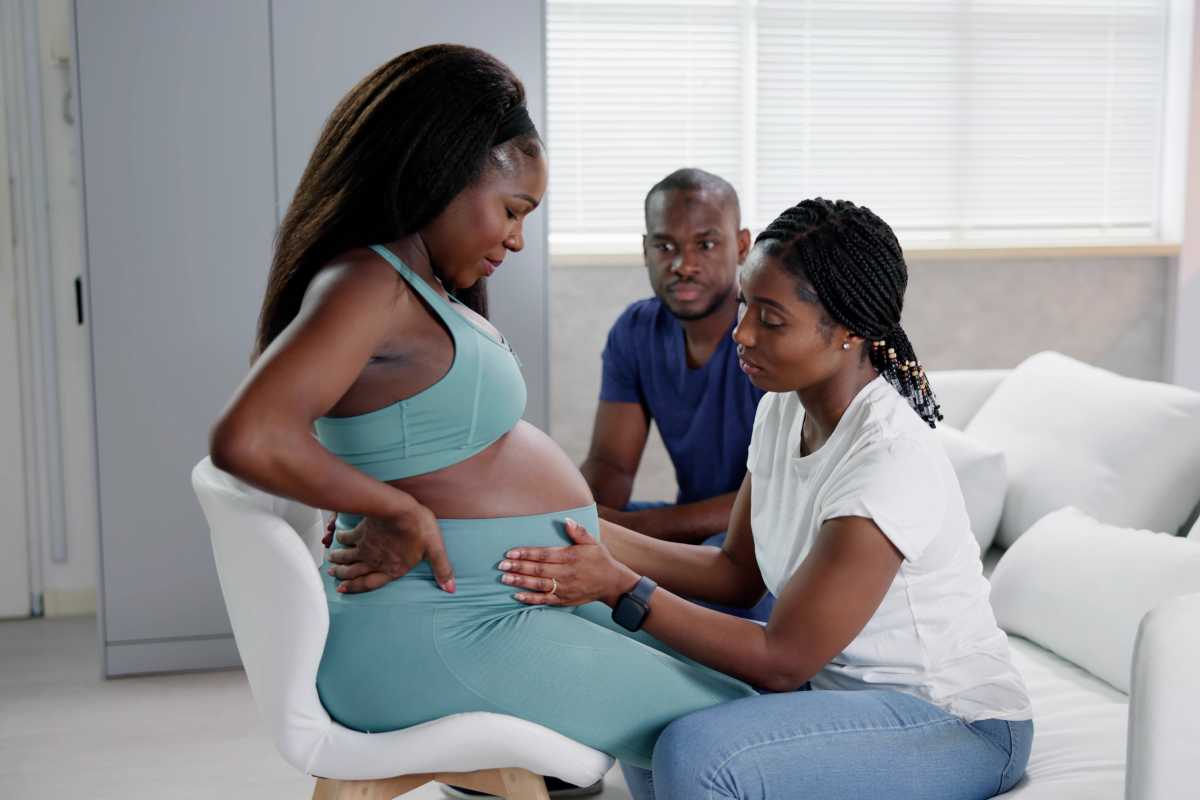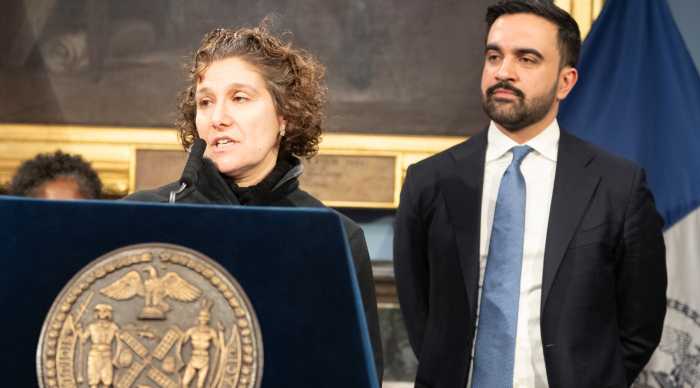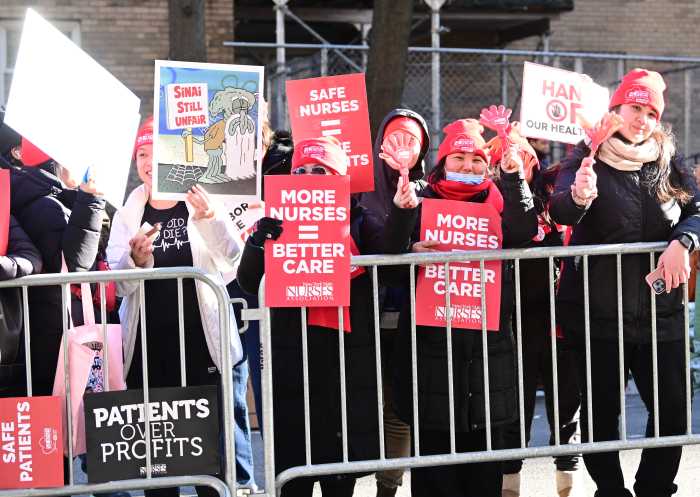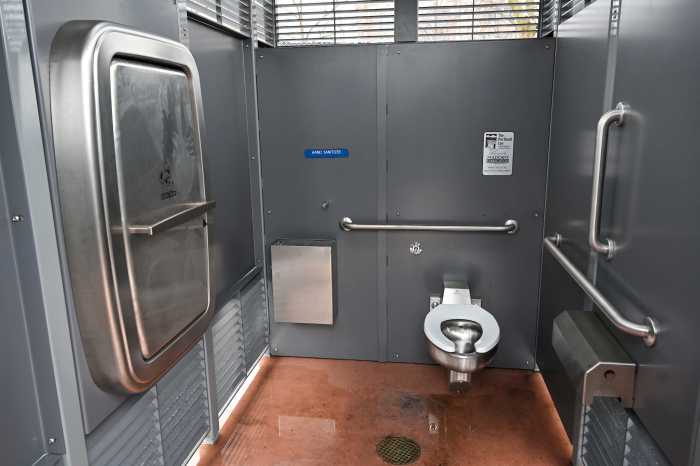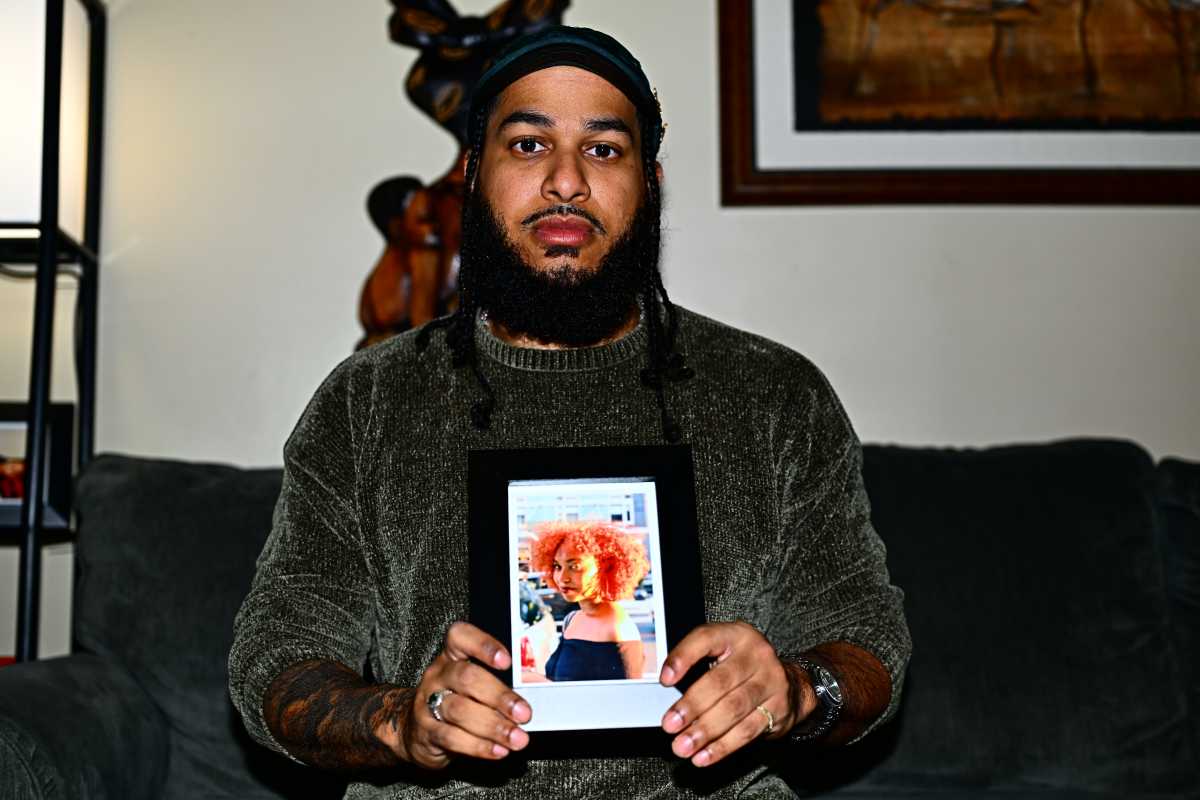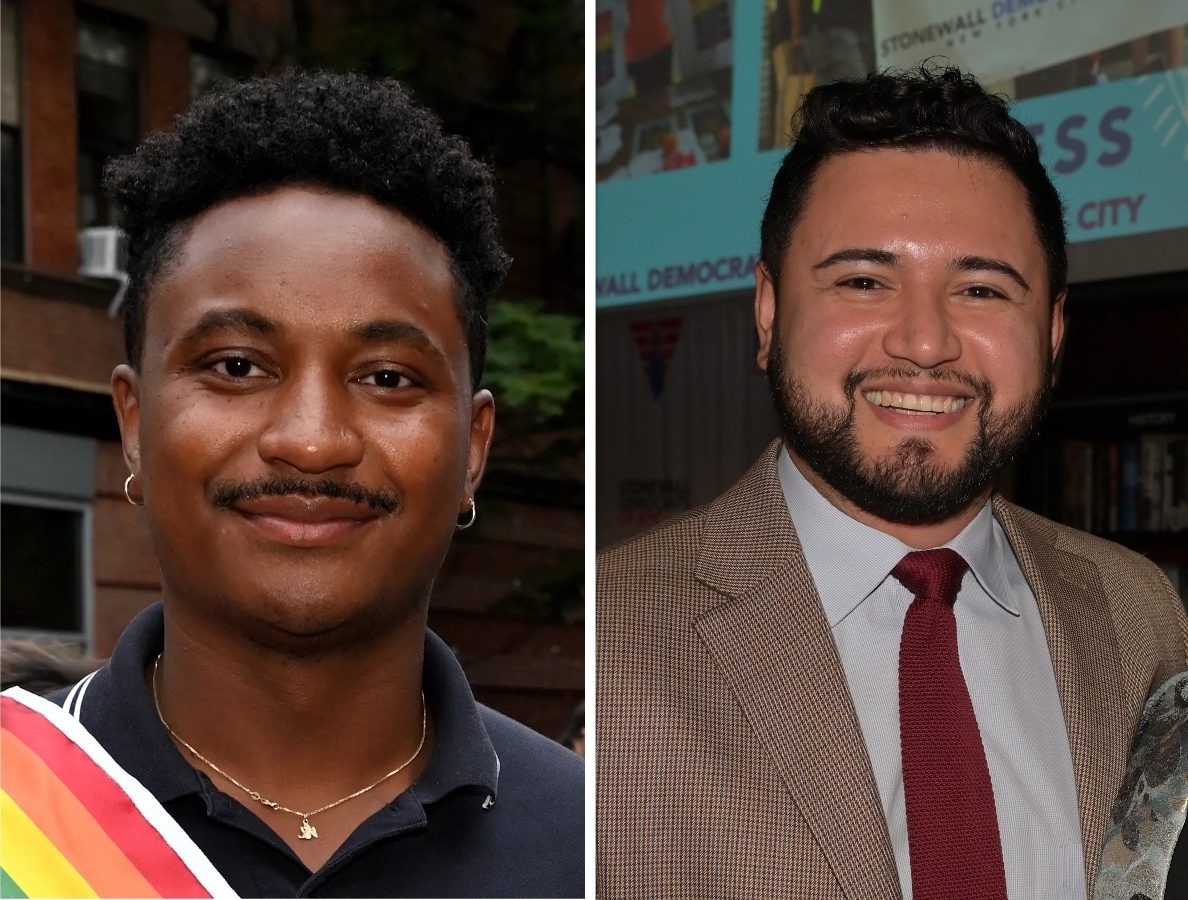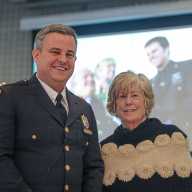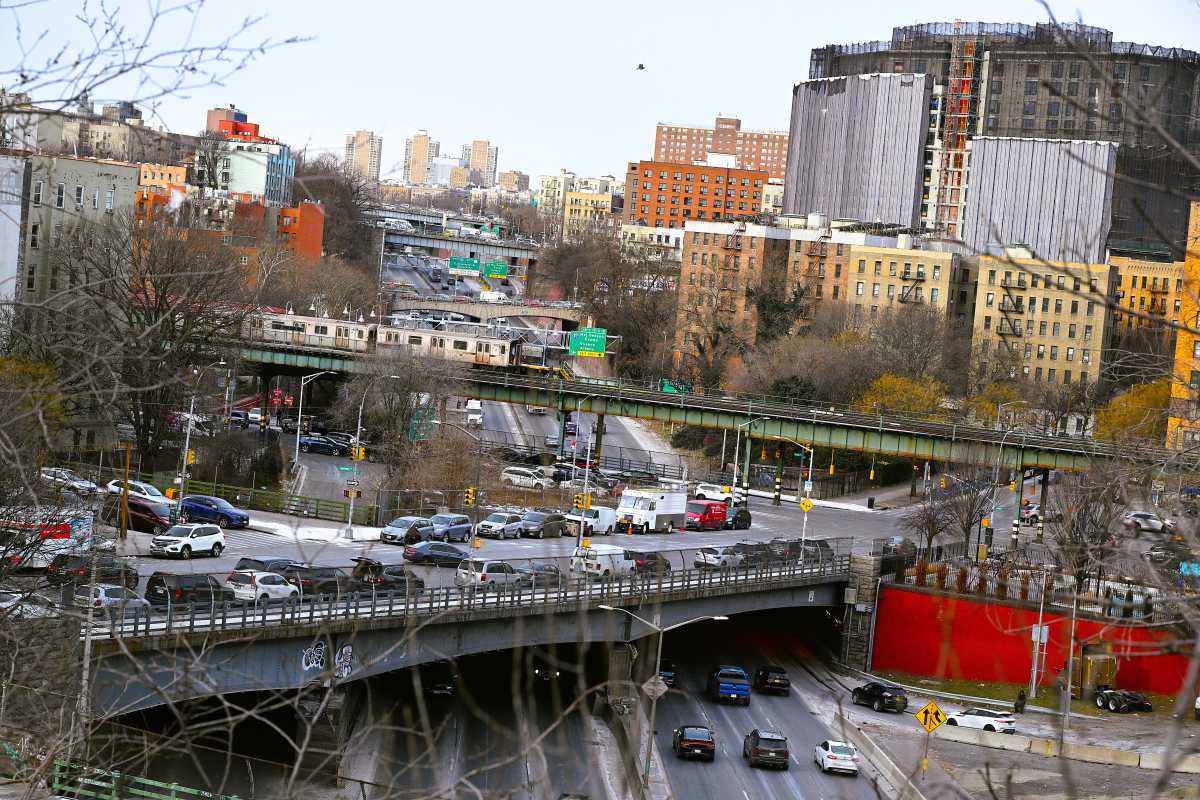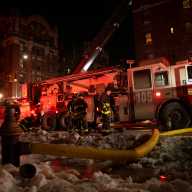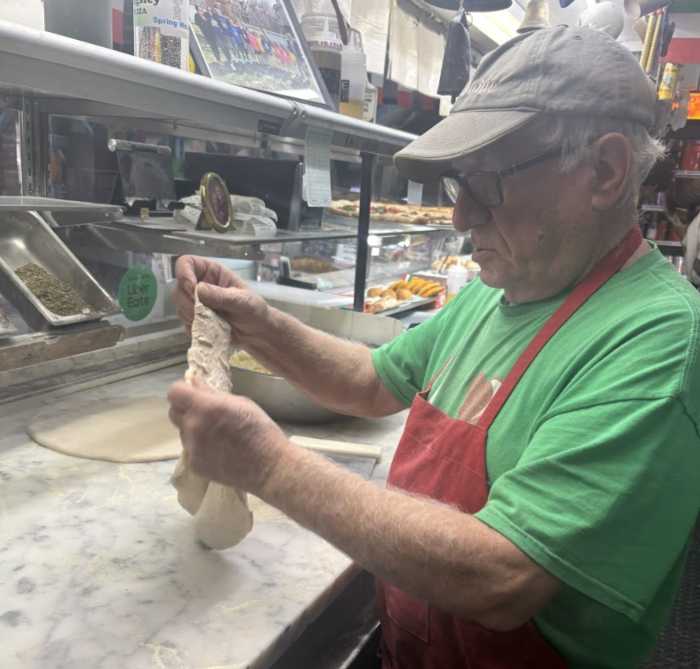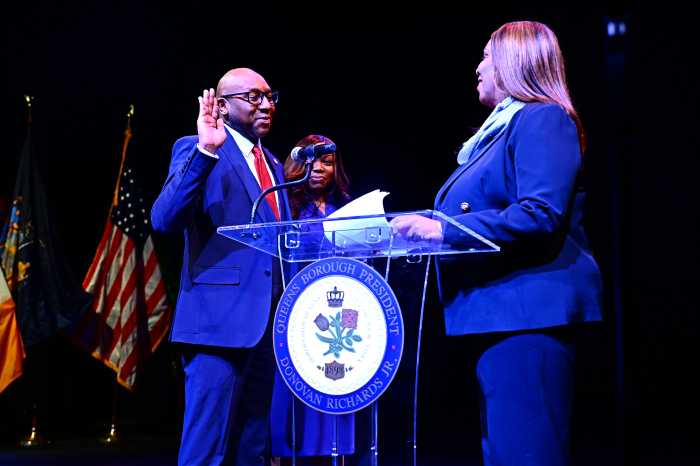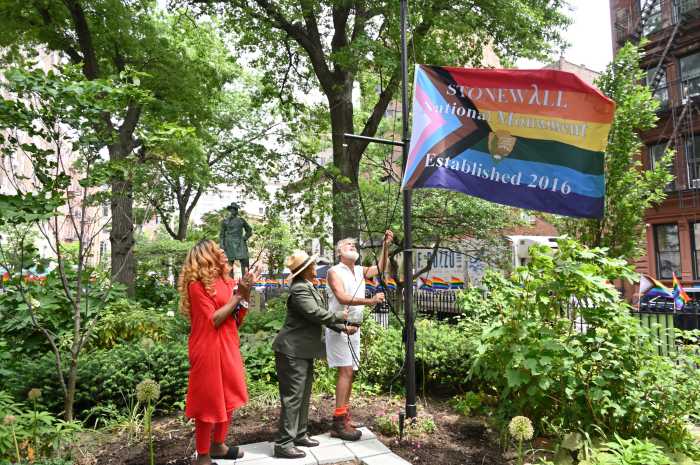Following the launch of a 2022 pilot doula training initiative, the New York City Council is now considering legislation that would establish a permanent program providing doula training and free doula services in marginalized NYC neighborhoods.
The council’s Committee on Women and Gender Equity, chaired by Brooklyn Council Member Farah Louis, heard testimony on the legislation at City Hall Tuesday morning. Zahirah McNatt, Deputy Commissioner for the Center for Health Equity and Community Wellness and Chief Equity Officer at the Department of Health and Mental Hygiene, addressed the committee about the proposed legislation and testified to NYC’s racial inequities in maternal health care.
In New York, Black people account for 17.7% of live births and 39.7% of pregnancy-related deaths, according to the DOHMH. Black and Hispanic individuals make up for three out of every four pregnancy-related deaths in New York City despite accounting for less than half of live births in the city.
“Our goal is to address this inequity by reducing maternal death rates among Black women and birthing people by 10% by 2030,” McNatt said. “This guides our strategies for promoting the health of all New York families.”
Doula services, which provide physical, emotional, and non-medical support to pregnant people and their families, have been found to narrow racial and ethnic gaps in maternal outcomes. The legislation — Introduction 1285 — is sponsored by Brooklyn and Queens Council Member Jennifer Gutiérrez.
McNatt discussed the 2022 pilot program — the Citywide Doula Initiative — and its role in the city’s broader HealthyNYC campaign. A government audit published last month found that the program has led to improved maternal health outcomes for Black and Hispanic mothers and babies.
The audit, conducted by Comptroller Brad Lander’s office, found that the pilot program has served over 2,000 New Yorkers and had a 77% satisfaction rate among people who participated as clients. The initiative provides free doula care to marginalized neighborhoods in New York City, partnering with hospitals and offering professional doula programs to embed doula care in NYC’s health systems.
“Most birthing people in disinvested neighborhoods do not have access to doulas,” McNatt said. “But, the opportunity exists to expand these resources and eliminate maternal health inequities in New York City. Our hope is that the CDI becomes a replicable model for cities and states seeking to reduce inequities in perinatal health outcomes.”
McNatt called for the passage of the legislation and thanked the council for its interest in promoting public doula services in NYC.
